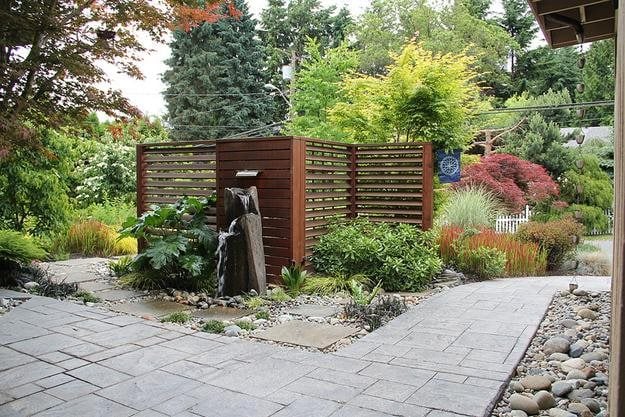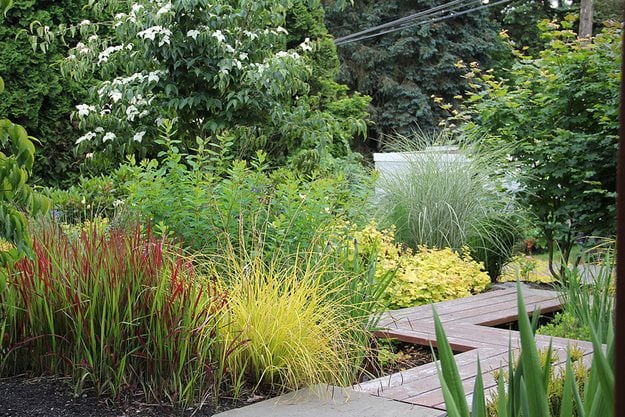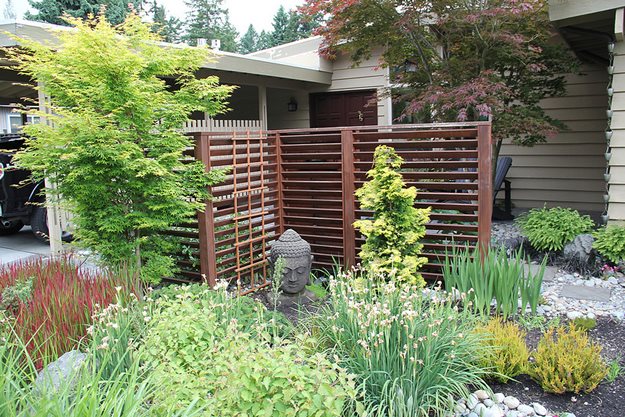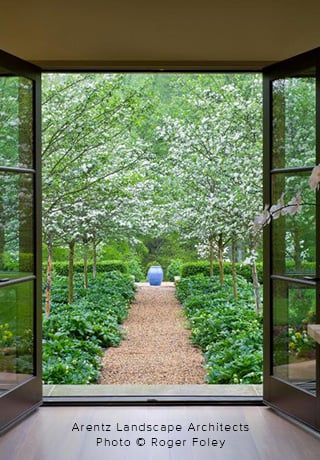My Garden: Working with Nature to Reinvent a Front Yard
An “old school” grassy front yard is transformed into a thriving Zen-like retreat“Old school” is how Michael Farndale described the look of his nondescript front yard in Bothell, Wash., before he began transforming it. After having it professionally hardscaped with walkways, stepping stones and rockscapes, he set out on his own to create a glorious Zen-like garden populated with plants native to the Pacific Northwest. “It was the typical grass yard from the sidewalk to the house, with a few scattered shrubs and English ivy taking over. My desire was a lawn-free landscape that would require no mowing, watering or fertilizing and would be inviting to wildlife,” says Farndale.
RELATED: Native Plants - How & Why to Grow Natives
All that remains of the former yard are a few spirea, rhododendrons and maple trees. The grass is completely gone and replaced by a colorful palette of native plants carefully selected by Farndale to thrive in the Pacific Northwest climate. A lace-leaf Japanese maple that was crowding his front door was moved about 20 feet away from the house towards the street, where its beautiful Bonsai-like form can be fully appreciated.
To add to the garden’s Zen atmosphere, a network of stone and wood-plank pathways lead to areas of meditation, including a fence-framed sanctuary where a stone Buddha head presides and a sculptural fountain made of concrete by the entryway. Instead of downspouts, metal rain drains with delicate lotus-shaped cups transport water from the eaves to the vegetation below in bucket-brigade fashion.
Most of the plants added by Farndale are perennials, including coneflower (Echinacea), sea holly (Eryngium), orchids (Bletilla), blackberry lilies (Belamcanda), Fritillaria, Mukdenia, Vancouveria, Dodecatheon and many others. “We attempted to use as many native plant materials as possible, or at least plants that can withstand dry summers. Our soils are very sandy and loamy, and can dry out very quickly.” he says.
Farndale’s home is located about 12 miles north of Seattle, at the north end of Lake Washington. "Throughout most of the year, the weather feels like it's always spring,” he says. “Average winter temperatures are relatively mild (about 40 degrees F).”
The exception is July, which is often warm and dry, with temperatures soaring to the upper 80s or low 90s. “Summer starts about July 5th, when it seems to stop raining overnight, averaging about six weeks of no rain until sometime in August,” Farndale says. To keep his plants from withering during these prolonged dry spells, he installed a drip irrigation system throughout the entire landscape. In addition, a good portion of the rain runoff from the roof is designed to drain into the center of the garden and percolate into the ground.
Farndale’s newly adopted philosophy of working with nature rather than against it has paid off, resulting in a yard that delivers great beauty with little attention. “The former old-school style required much more work to maintain than what it is today,” he says.
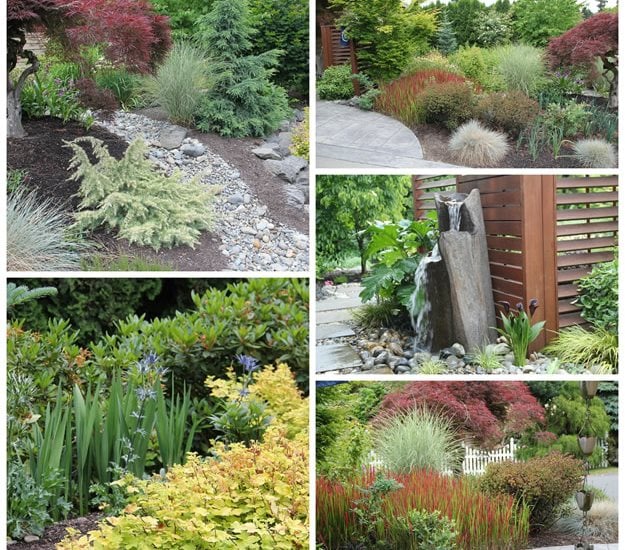
Believe it or not, this garden requires less maintenance than the old school lawn that was replaced.
Check out examples of gardens in our My Garden section.
See more Pacific Northwest gardens
Related: Zen Garden Design Ideas

